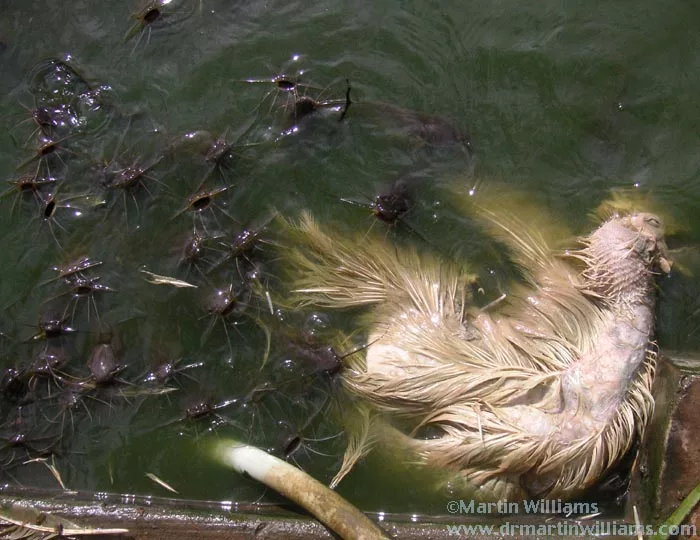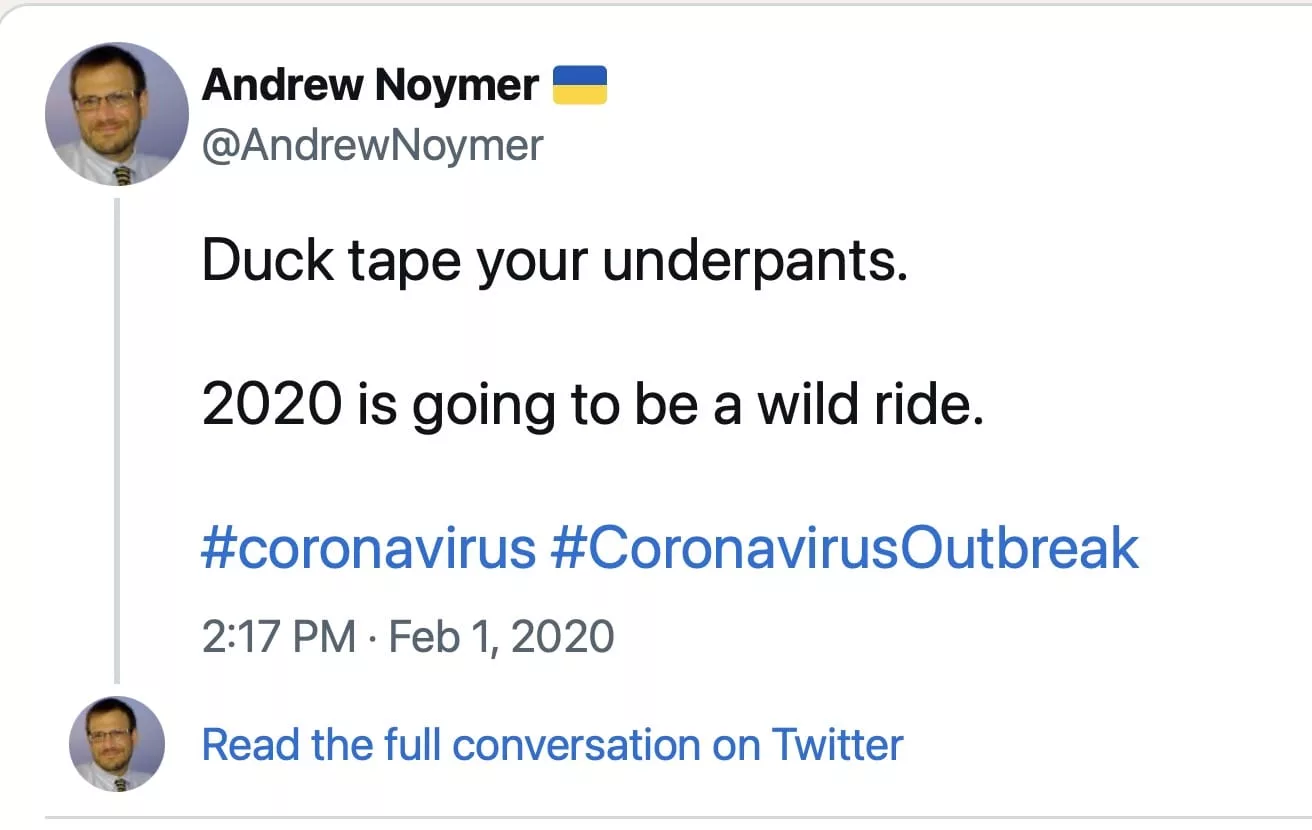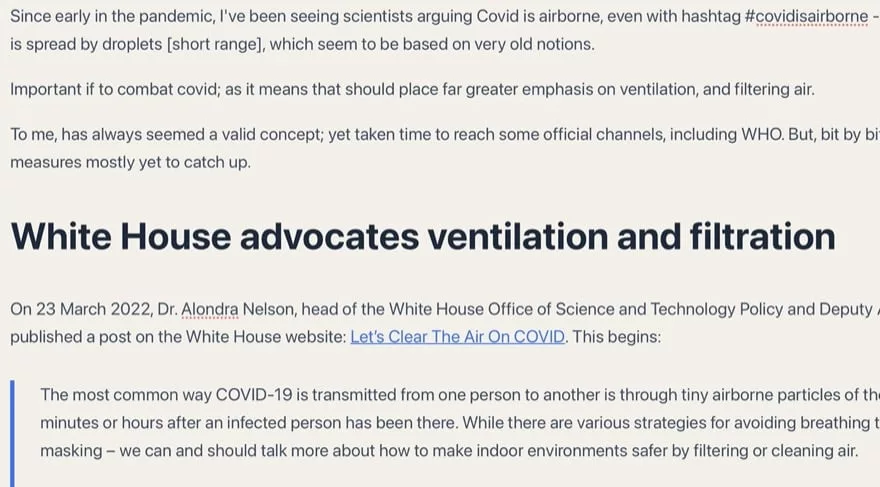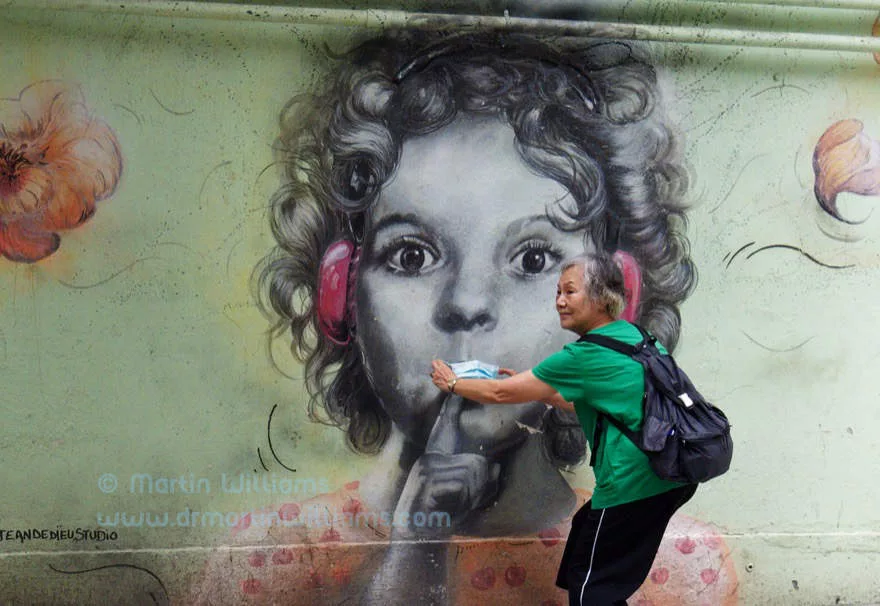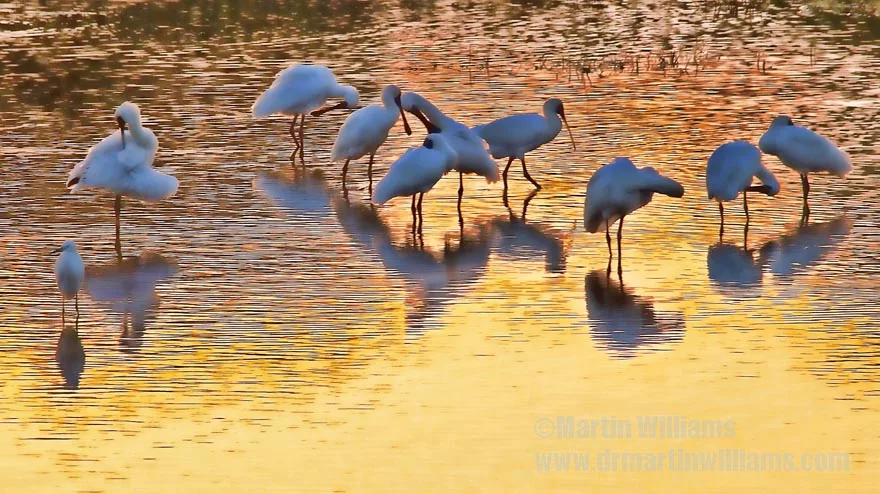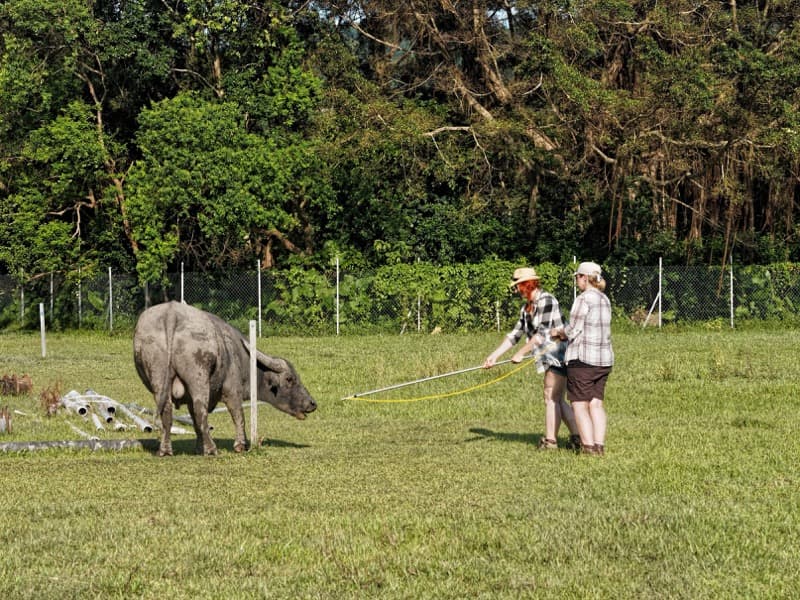If you’re reading this after a long night’s sleep, maybe catching up on some shuteye after being awake too long on weekdays, perhaps ponder on NASA funding research into extremely long sleep. Sleep of a bizarre kind, that is.
The study is being conducted by US firm SpaceWorks enterprises, and aims to see if it is viable to put humans into a torpid state for long space flights, like a trip to Mars that could last 180 days. Using techniques that to me conjure scenes from The Matrix, subjects are chilled from the inside out using cooling pads and a nasally-inhaled coolant, then hooked into an intravenous drip to supply nutrients. The metabolic rate falls by up to 70 percent, and to date subjects have “slept” for up to seven days, though reports haven’t mentioned if any dreamed encounters with Agent Smith.
For earthbound folk, extended sleep does not deliver benefits, but can even be harmful, with the latest research suggesting the optimum nightly sleep for adults should be around seven hours. You may be unsurprised to learn that Hong Kong is among places where too many people are sleep underachievers, with a 2012 study led by Dr Wong Wing-sze, an associate professor at the Department of Psychological Studies at the Hong Kong Institute of Education, reporting that some 2.2 million adults suffer from insomnia, and the average amount of sleep was just 6.46 hours.
While Dr Wong’s study was conducted via phone interviews, sleep research has involved wide-ranging, sometimes bizarre methodology.
Though we spend almost a third of our lives asleep, sleep science did not really begin till 1953, the same year the structure of DNA was discovered. Dr. Nathaniel Kleitman and one of his students, Dr. Eugene Aserinsky, became the first scientists to report rapid eye movement (REM) during sleep. Another of Kleitman’s students, Dr. William C. Dement, later made the association between REM and dreaming – though it has since turned out the two do not always occur together.
We are certain of the need for sleep partly thanks to experiments conducted in the 1980s by University of Chicago, US, researcher Allan Rechtschaffen. He deprived rats of sleep for up to 32 days, by which time they all dropped dead – though it could be the cause was not actually sleeplessness, but hypothermia, wrecked immune systems, brain damage or extreme stress.
Humans, too, have been sleep deprived in experiments, though not till they dropped dead. Also at the University of Chicago, Eve van Cauter found that sleep-deprived students had weaker immune systems, increased heart rates and blood pressure, and insulin resistance, a pre-diabetic condition. With levels of appetite-suppressing leptin also down, she suggested, “It could be that a good chunk of our epidemic of obesity is actually an epidemic of sleep deprivation.”
Too little sleep impacts people mentally
Getting too little sleep also impacts people mentally. Response times slow, making sleep driving while sleep deprived roughly as dangerous as drunk driving. Ethical behaviour deteriorates, too. After earlier research found nurses working long shifts without sleep showed “increases in hostility and dishonesty, including theft, and decreases in self-control”, a study published this year found that people kept awake all night – and deprived of caffeine – were markedly more willing than caffeine boosted subjects to go along with a lie in order to earn extra money.
Insomnia research has even centred on fruit flies, which it turns out usually sleep for 12 hours a night. You might be forgiven for missing last month’s news on researchers at Washington University School of Medicine having created a line of fruit flies that are prone to insomnia. Rather like insomniac humans, these regularly stumbled, had poorer appetite, were slow learners, and gained more fat than their regular counterparts. The researchers hope to make discoveries that will benefit humans who sleep badly. These discoveries could also boost sex lives, as another study published this year found that fruit flies deprived of sleep when young spent less time courting and mating as adults.
One of the key reasons sleep is vital was perhaps discovered by researchers at the University of Rochester Medical Center, who used high tech imaging to look deep into the brains of mice while they were asleep and awake. They found that brain cells contract during sleep, expanding the area between them by up to 60 percent. Fluid then flowed between them, flushing out waste products including a protein that’s a culprit in Alzheimer’s disease. “It’s like a dishwasher,” team leader Maiken Nedergaard told National Public Radio.
Researchers have also substantiated some of the ideas that many people already have about sleep. For instance, nights with a full Moon are supposedly a bit strange, and volunteers who slept in a laboratory without time cues indeed showed that when the Moon was full, brain activity related to deep sleep dropped by 30 percent.
Then, after comparing how men and women responded to insufficient rest, Michael Breus of Duke University, US, announced to reporters: “We found that women had more depression, women had more anger, and women had more hostility early in the morning.”
Now before any frazzled female readers seek to berate me for relaying this message, it’s worth pointing out that experts believe this is probably because women use their brains more than men do. “Women tend to multi-task — they do lots at once and are flexible,” Jim Horne, director of the Sleep Research Centre at Loughborough University, UK, told The Australian.
And who else sleeps a lot, especially in the mornings? Teenagers, of course! Here, too, there is supportive evidence, with neuroscientists reporting that teenagers’ circadian rhythms are two hours behind those of adults. These findings are so persuasive that the UK is beginning a large scale study, involving 106 schools and almost 32,000 teenagers, with lessons starting at 10am rather than 9am.
While if you did ponder on ideas for extended sleep helping humans to travel to planets, and perhaps reach for the stars, consider too that mammals’ sleeping abilities may have helped ensure we are here in the first place. Barry Lovegrove, an evolutionary physiologist at the University of KwaZulu-Natal, South Africa, is among scientists who believe early mammals could have hibernated through the worst effects of the asteroid impact that killed off the dinosaurs. He figured a similar creature might survive on Madagascar, and two of his students indeed discovered a species that fit the bill: the common tenrec.
This small, shrewlike mammal looks unremarkable, but in one way puts even the most somnolent teen to shame: it can hibernate for nine months without waking.
Published in Sunday Morning Post.
Early warnings of climate change
While climate change resulting from human activities might seem a new-fangled concept, there have been on-point predictions dating back many years.…
Ignoring Science Makes Global Climate Disaster as Inevitable as Titanic Submarine Implosion
Climate change has been prominent in worldwide news this summer (2023), notably as we have just lived through the hottest week…
Have you been bullied into health? Fear, quackery and Covid
So here we are with our modern-day wonder, the internet – where even with a smartphone, you can search for and…
Never mind the antimask-o-sphere. Science shows face masks help reduce Covid spread
Just had one of those silly Twitter “conversations” with someone who had position so fixed, impossible to change with facts. Yeah,…
A Covid scrapbook: snapshots from the crazy pandemic
I’ve read accounts of the Spanish Flu, which was the last major pandemic, mainly in 1918 [so over and done with…
Highly pathogenic bird flu variants mostly evolve in intensive poultry farming
Highly pathogenic bird flu variants evolve from regular, low pathogenic, bird flus, within intensive poultry farming.
Keep Your Underpants Duck Taped and Air Clean as Covid Wild Ride Continues
We’ve learned a lot about Covid, even developing vaccines. Yet Covid remains an issue, no matter how much we might wish…
Covid is airborne so ventilation and air filtration are important
Since early in the pandemic, I’ve been seeing scientists arguing Covid is airborne, even with hashtag #covidisairborne – including to counter…
Long Covid – info and links indicating major impact
Evidence is snowballing that Long Covid is also a serious issue, even affecting people in whom the disease initially appeared mild.
Perhaps Covid arose through lab leak of tweaked bat Coronavirus
Maybe humans tweaked bat coronaviruses in gain of function experiments, inadvertently creating Covid thro lab leak.
The Covid Conundrum: Endless Lockdowns, Let It Rip … or What?
Covid is airborne, which means that much as unprotected sex is a risk for HIV, unprotected breathing might result in Covid.
Science shows Covid including Omicron is Really Not the Flu
Some of the science showing Covid including Omicron is a huge issue; and one that looks set to be with us…
“Alarmist” Covid predictions outperform Covid deniers’ soothsaying
The disinfo downplaying Covid is often from rightwing, mainly money-minded folks who perhaps don’t care too much about actual people.
Covid virulence, vaccines and variants
Science can provide some insights into what may happen with Covid, along with ways to limit its impacts.
We’re in the Covid Era for the Long Haul
We’re in this for the long haul, with the virus like a relentless, invisible foe, ready to exploit errors, slip through…
My Strange n Surprising Summer Staycation with Cellulitis
rom quick pricking by unseen marine creature, to intense fever, and hospital stay for an infection deep within the skin.
Covid virulence, vaccines and variants
[Written for South China Morning Post on 6 January 2021] In January last year, as reports were emerging of the new…
The Viral Time Bomb – Pandemic of Our Time
Guan Yi, director of the State Key Laboratory of Emerging Infectious Diseases at Hong Kong University, has extensive experience of viruses;…
From China With Fear: the Wuhan Coronavirus Won’t Kill Us All
As news of Wuhan coronavirus emerges, evolutionary biology suggests potential for a pandemic, not killing high percentage of people.
Fightback Needed as Science and Life Support System Under Attack
Environmentalism is under assault; yet this planet is the only home we have; providing our food, air, water… It’s our life…
Secret World of Hong Kong Water Supply
Hong Kong’s water supply system has been vital to its development as a “world city”.
Hong Kong Belching Buffaloes n Bubbling Paddies and the Mystery Methane Rise
Prof Euan Nisbet leads a science team to Hong Kong in quest to help find why levels of potent greenhouse gas…






